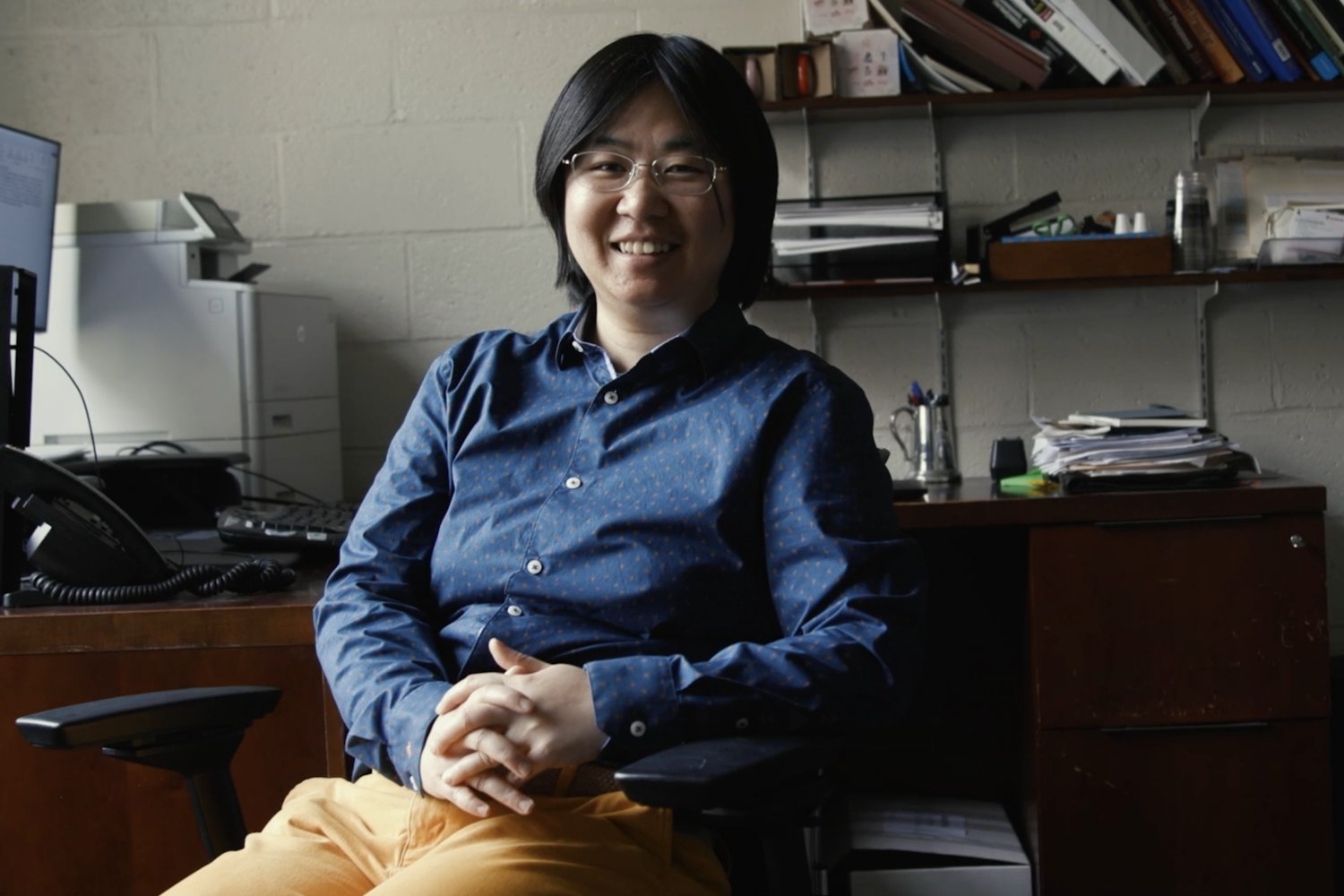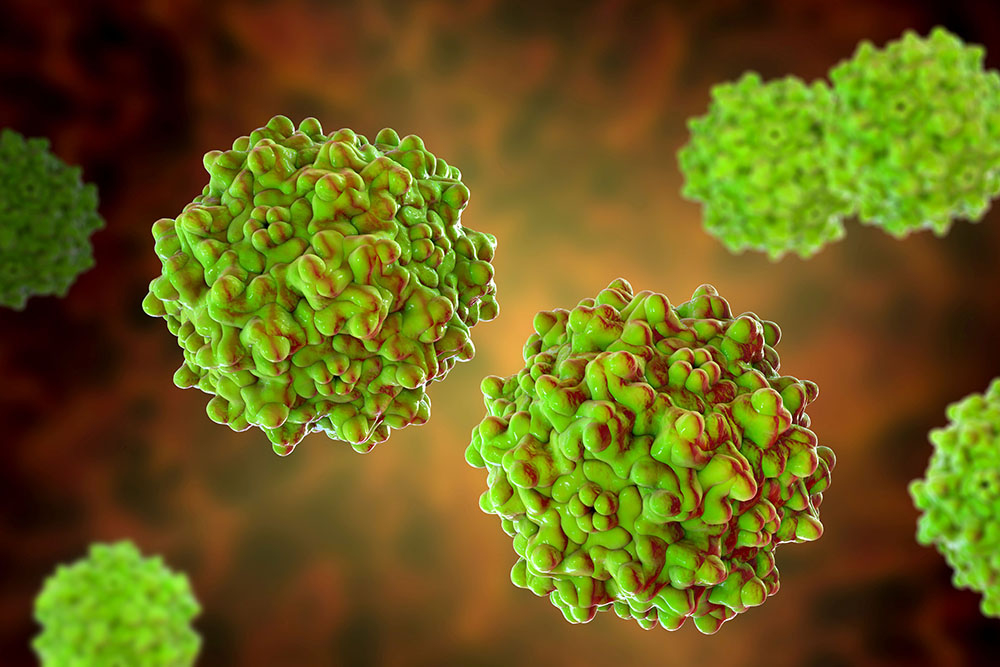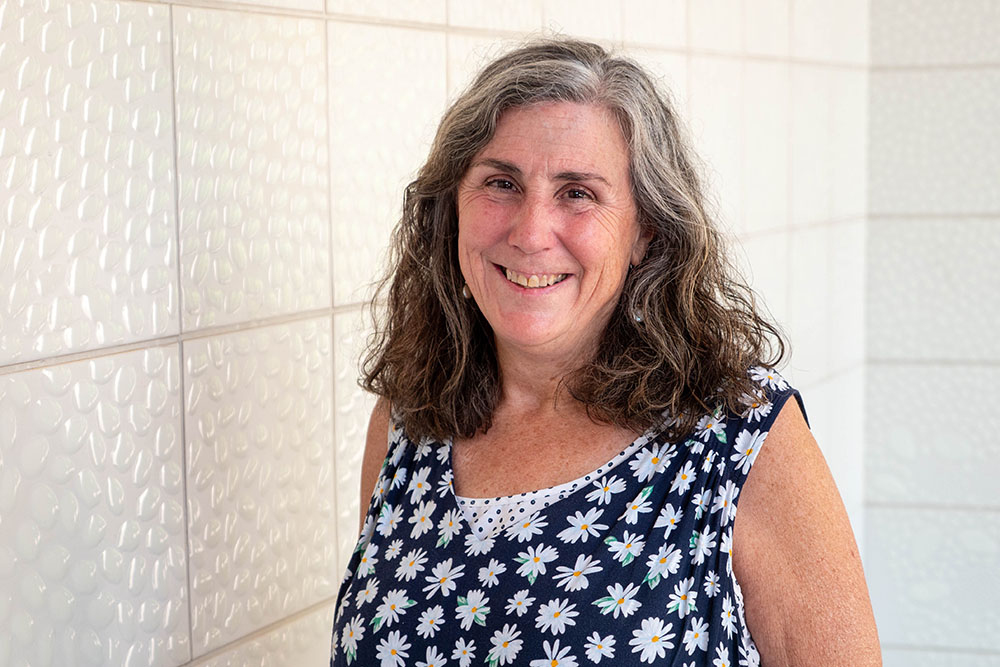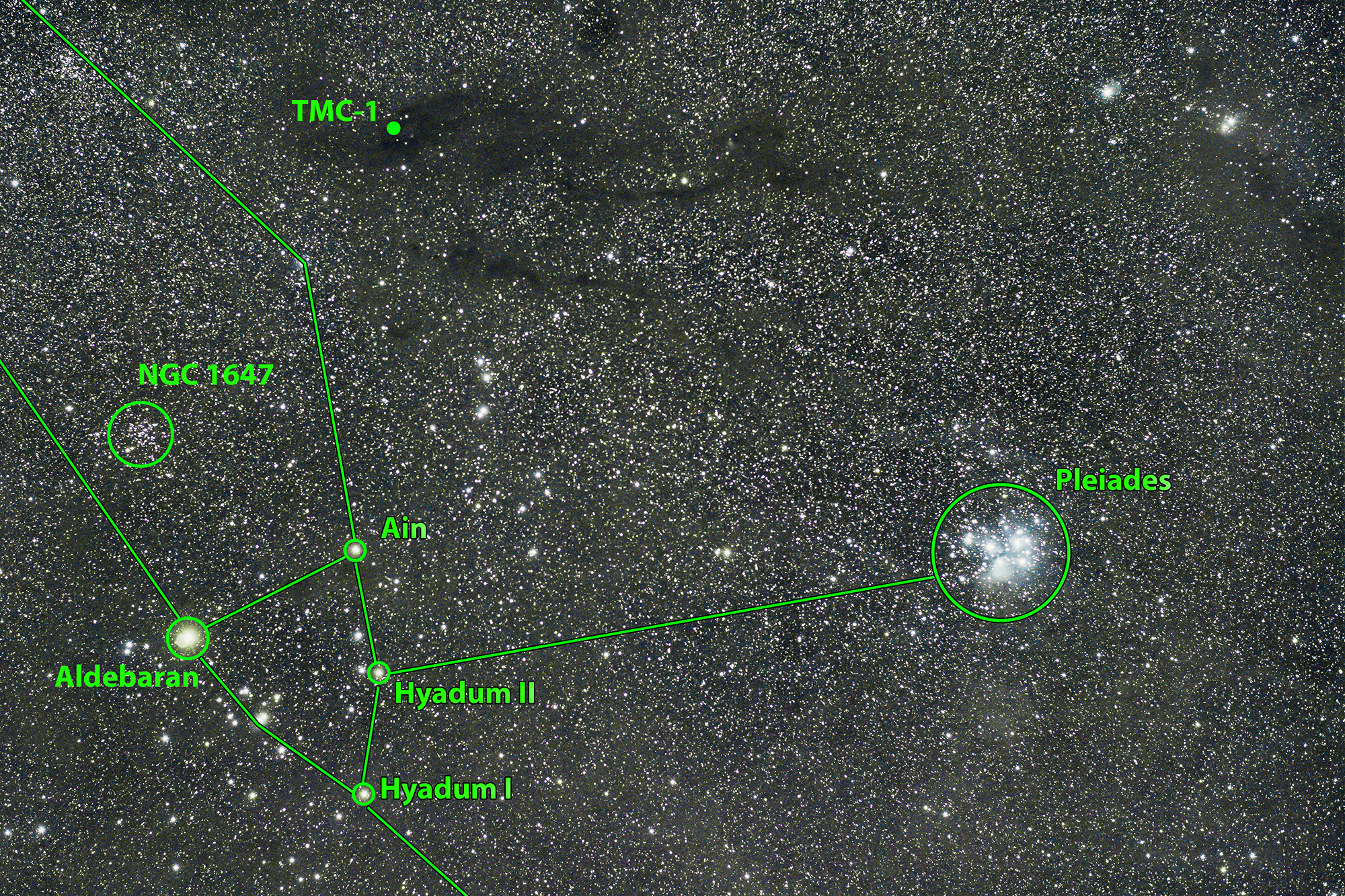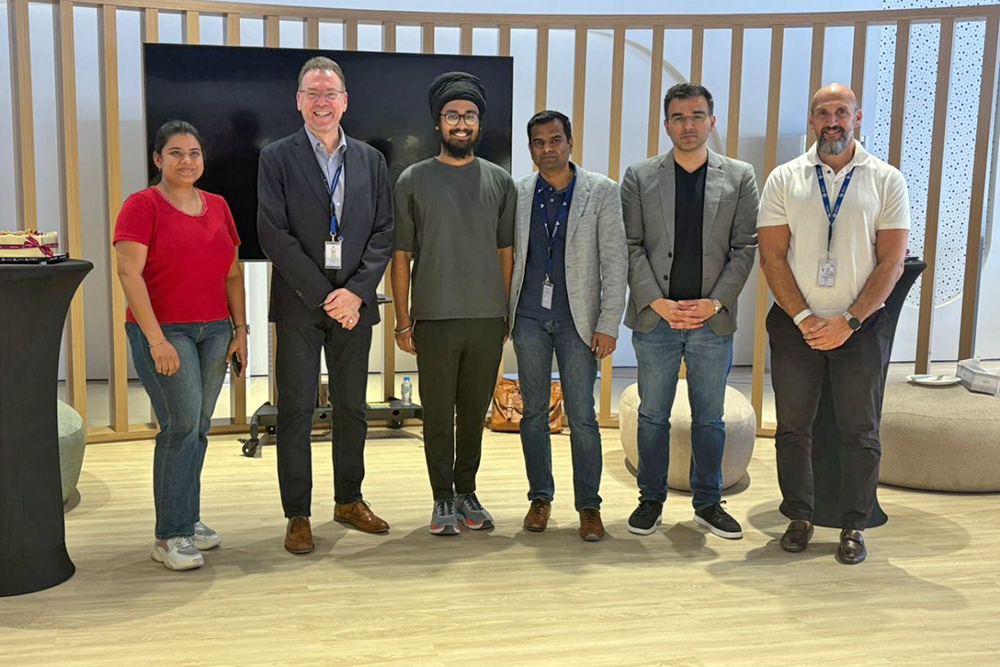Remembering Mike Walter: “We loved him, and he loved us”
Michael "Mike" Walter, MIT Health applications support generalist, passed away on Nov. 2 at age 46 after a battle with cancer.
At home, Walter was a husband and devoted father to his two adolescent sons. But for 22 years, he was everyone’s friend and the smiling face at MIT Health who never failed to solve individual computer problems, no matter how large or small.
Walter came to MIT as an office assistant in MIT Health’s Medical Records department in 2002. He eventually transferred to MIT Health’s Technology Services team, where he worked from 2009 until his passing. Information Systems Manager David Forristall, who had previously worked in medical records, still remembers when “this young guy came to work for his first day.”
“When he first got to Medical Records, he thought it was only going to be a pit stop — that he was only going to be here for like two weeks,” says Walter’s colleague, Technical Support Specialist Michael Miller. “Then, 20 years later…”
“You don’t often, other than a family member, watch someone grow through their life,” says Forristall. “So for him to come to MIT as a young man at the start of his career, to a full-blown career with a wife and children. He basically came here as a boy, and we watched him turn into a man.”
Walter’s colleagues were always struck by how positive he was. “He never complained about help desk tickets. All of us looked to him for that,” remembers Medical Records Manager Tom Goodwin. “When I found myself getting a little annoyed, I would just look to Mike and think, he doesn’t do that.”
Without fail, Walter would drop everything to help his MIT Health colleagues. “He would go out on a call, and people would just keep stopping him,” remembers Senior Programmer Analyst Terry McNatt. “They would see him around the building, and they knew he would help them. He wouldn’t come back for two hours!”
The needs of MIT patients were just as important to Walter. At the annual flu clinics, Walter would, without fail, volunteer for the full day. Oftentimes people could find him serving as a go-fer; he would deliver vaccines, Band-Aids, and whatever other supplies were needed to help the vaccinators be as efficient as possible.
According to his colleagues, Walter’s dedication to the MIT community is best explained by the day he learned of his cancer diagnosis. A major snowstorm was approaching, and Walter was diligently working to get laptop computers set up so employees could work remotely for multiple days if needed. All the while, he felt awful. Eventually he went to Urgent Care to be seen.
“Urgent Care was telling him, ‘You need to go to Mount Auburn hospital right now,’” recalls Forristall. “But Mike didn’t want to go.” He refused to leave until all the laptops were properly set up so his colleagues could continue to care for patients despite the impending MIT snow closure. He only left after he grudgingly agreed to have his peers cover for him.
Walter was also a Patriots superfan, and deep lover of sports. He had multiple footballs at his desk at all times, and for years he would gather his colleagues for “coffee-break” walks around campus where they would all walk and toss a football back and forth. Anyone who passed by was invited to Walter’s game of catch — students, construction workers, staff, and faculty alike were welcome.
“Mike was always happy and he shared that with everyone,” says Forristall. “He made you happy when you saw him. We loved him and he loved us.”
Mike Walter is survived by his wife Cindy (Cucinotta), his sons Ben and Leo, and many extended family members and friends. See his legacy page here.
Latest Campus News
- Burning things to make thingsSili Deng, the Doherty Chair in Ocean Utilization and associate professor of mechanical engineering at MIT, is driving research into sustainable and efficient combustion technologies.
- New method could improve manufacturing of gene-therapy drugsSelective crystallization can greatly improve the purity, selectivity, and active yield of viral vector-based gene therapy drugs, MIT study finds.
- The joy of life (sciences)Mary Gallagher’s deeply rooted MIT experience and love of all life supports growth at the MIT Department of Biology.
- Designing better, longer-lasting medicinesAdding amino acids to certain protein-based medications can improve stability and effectiveness. New MIT research demonstrates how it works.
- Astronomical data collection of Taurus Molecular Cloud-1 reveals over 100 different moleculesThe discovery will help researchers understand how chemicals form and change before stars and planets are born.
- MIT students thrive in internships in the Arab WorldThe MISTI Arab World program offers MIT students invaluable work and life experiences in a dynamic region.








